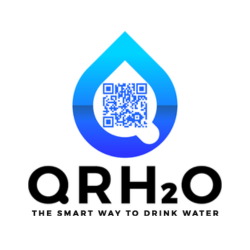Water is essential for life, but it's important to be aware of the potential contaminants that can be present in your drinking water. These contaminants can pose health risks and can affect the taste and quality of your water. Here are some of the top water contaminants to be aware of and how to remove them.
-
Lead Lead can leach into drinking water from lead pipes, plumbing fixtures, and solder. Exposure to lead can cause developmental problems in children, and long-term exposure can lead to neurological and cardiovascular issues. To remove lead from water, you can use a filter that is certified to remove lead.
-
Chlorine Chlorine is commonly used to disinfect water, but it can also cause an unpleasant taste and smell. It can also irritate the skin and eyes. To remove chlorine from water, you can use a filter that is designed to remove chlorine.
-
Fluoride Fluoride is added to drinking water in many areas to help prevent tooth decay. However, excessive fluoride can cause dental fluorosis, which can cause discoloration and damage to teeth. To remove fluoride from water, you can use a filter that is specifically designed to remove fluoride.
-
Pesticides and Herbicides Pesticides and herbicides can be present in drinking water due to runoff from agricultural and industrial areas. Exposure to these chemicals can cause health issues, including cancer. To remove pesticides and herbicides from water, you can use a filter that is certified to remove these contaminants.
-
Bacteria and Viruses Bacteria and viruses can be present in drinking water due to contamination from human or animal waste. Exposure to these contaminants can cause gastrointestinal illness. To remove bacteria and viruses from water, you can use a filter that is certified to remove these contaminants.
-
Heavy Metals Heavy metals such as mercury, arsenic, and cadmium can be present in drinking water due to industrial and agricultural runoff. Exposure to these contaminants can cause a range of health issues, including neurological and developmental problems. To remove heavy metals from water, you can use a filter that is certified to remove these contaminants.
In conclusion, it's important to be aware of the potential contaminants in your drinking water and take steps to remove them. By using a filter that is certified to remove specific contaminants, you can help ensure that your drinking water is safe and healthy. Keep in mind that different filters are designed to remove different contaminants, so it's important to choose the right filter for your specific needs.
